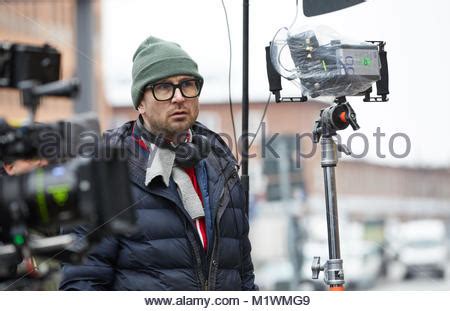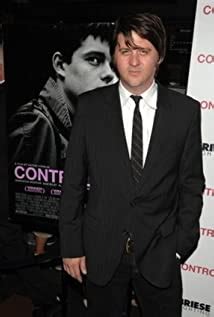A Quote by Frederick Wiseman
Everything about a movie is manipulation.
Quote Topics
Related Quotes
I'm almost violent about that stuff - electronic manipulation of pictures. I think it's an abomination. I reject it all. I mean, it's OK for selling corn flakes or automobiles or for taking pimples out of Elizabeth Taylor's face, but it undermines the thing that photography is about, which is about observation and not about manipulation of images.
I kind of joke with myself that you shouldn't be able to be a creative producer if you weren't a first AD. Because it is such fantastic training for really understanding what everyone does, and how the movie actually gets made. You have to know if you're the first you're kind of the set general, you're at the director's right hand, you know everything about how a director puts a movie together, you know everything about how a movie gets made.
The female body has always been a construction. Even feminist art of the 1970s fashioned a body in accordance with its own ideas, and in this regard it was a form of manipulation too. Subsequently, we've had to engage with a lot of things that we used to disavow as manipulation. We can't just dismiss everything as manipulations anymore, since the alternatives are constructions, too. From our perspective, from this corner of the planet, we have to admit that it's all constructed. There is absolutely no nature. Nature is one of the biggest constructions.
The Control movie is not about suicide, it's not about epilepsy, it's not about everything else, but it's about an individual who was thinking out of the box and took his own passion and created music. His negativity and whatever else, he bottled them up and spilled them out onto his world of music. I think a sense of hope comes from the end of the movie, in my mind. Some people come out of the movie and think, 'That's the saddest thing I've ever seen,' and others come out and think, 'God, there's optimism.'




































